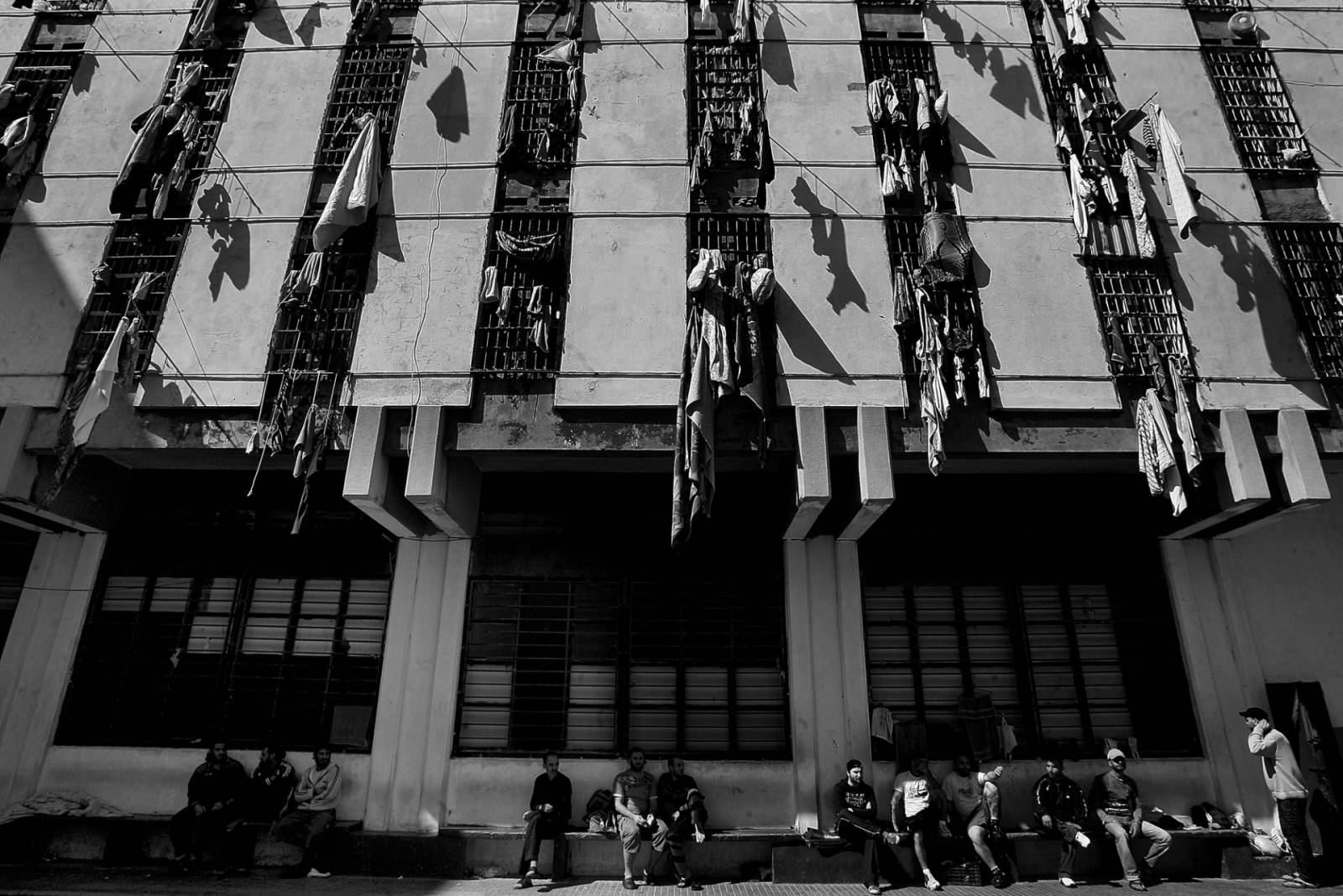“Prison has grown to be popularly known as a violent place to receive juveniles, despite tha many rehabilitation programs and support given by non-governmental organizations,” said the president of the Union for the Protection of Juveniles in Lebanon, Amira Sukkar, when asked about the reality of prisons in Lebanon.
In a conversation with Beirut Today, Sukkar clarified that “the crisis is only growing more pressing, because the larger people’s needs grow, the greater the percentage of crime grows.”
“People are looking to escape their distributing reality through dealing drugs, or obtaining employment at a very young age in order to escape school, especially public schools where conditions are dismal,” she said.
“When we look at the juveniles in prison, we think of the future they could have in Lebanon. But when we look at their treatment in prisons, this opposes every hope for the future that we have.”
According to Law 422/2022, a juvenile is a child that has not yet reached eighteen years old but has committed a crime punishable by law.
This could be the result of various factors surrounding the child, which has propelled them towards a life of crime. Juveniles are normally grouped within the greater category of “criminals,” but in recent years, it has become evident that juveniles must have their own rules and regulations that better suit their needs, demands, and rights.
Rehabilitation and Improvement
Sukkar hopes that prisons are capable of turning into a place of rehabilitation, learning, and improvement, where juveniles are able to reconcile the crimes they committed and work on their own personal improvement.
Sukkar expressed her regret for current legislations and stated a need to change certain laws. This especially includes Law 422, where alternative measures must be adopted to replace detention with a different procedure.
In the case of the Roumieh prison, older prisoners and juveniles are not separated by any measure, including age or degree of the crime. It is at this point that Sukkar stresses how a juvenile is still a child who committed a crime, and as a result, should not be grouped in with adults.
Moreover, Sukkar noted special legal rules for juveniles in the Lebanese Penal Code and the Code of Criminal Procedure. Juveniles that violate the law are allowed to benefit from fair and humane treatment, and the procedures for his prosecution, investigation and trial are subject to unique principles.
In this way, Sukkar is helping juveniles avoid legal repercussions by adoptiong settlements, amicable solutions and measures non-obstructive against freedoms.
Police stations are ill-equipped for juveniles
Restart Center, a center specialized in the rehabilitation of victims of violence, affirmed that “there are no juvenile prisons in the North of Lebanon, but juveniles are still held in police stations for lengthy durations of time – sometimes up to three months at a time.”
“Sometimes, they may be placed in holding cells with adults, and many of these police stations do not observe the appropriate measures for holding these prisoners, including the Beijing Rules or the United Nations’ measures for the protection of juveniles deprived of their liberty.”
The Restart Center for the Rehabilitation of Victims of Torture and Violence is a non-governmental organization (NGO) active in the field of rehabilitation of victims of torture and violence.
It was established in 1996 and has been working since 2004 in prisons and detention centers. It implements all its rehabilitation programs and specialized services in partnership and coordination with the Internal Security Forces Institution.
Restart Center clarified, in a conversation with Beirut Today, that police stations are indeed ill-equipped to hold juveniles.
“Between the ages of 12 to 18 years old, a judge must release alternative sentences [for juveniles], rehabilitation measures, or transfer the cases to specialised NGOs (based on the degree of the crime. Unfortunately, most judges sentence juveniles to prison even if the crime was rather small,” they said.
This is the result of the absence of reforms in Lebanon and as a result of NGOs being incapable of receiving any juveniles that commit, what they consider as, “dangerous crimes.”
While it may be difficult to separate juveniles from older criminals in some prisons in northern Lebanon due to overcrowding and the inability of these centers to welcome juveniles as of yet, the center clarfieid that a police station in Akkar is capable of housing both juveniles and female priosners.
The station separates them into two different rooms, knowing that the available alternatives are doing the best they can to separate juveniles from older prisoners, as the lack of separation could cause a dangerous scenario where juveniles are subjected to physical or sexual violence.


